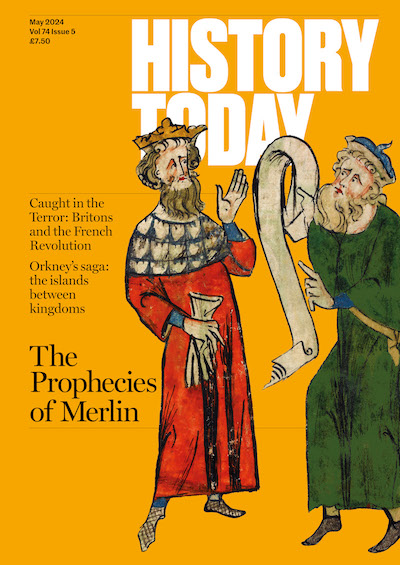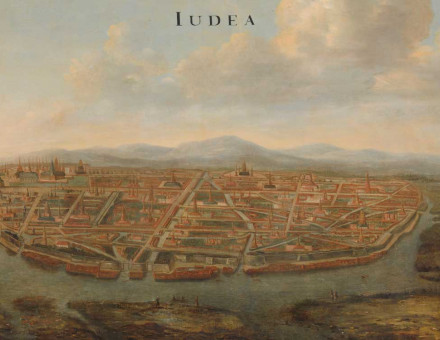Constantine Phaulkon: The Greek Dictator of Siam
Constantine Gerakis, c 1648-88, better known as Phaulkon, was an exemplar of Europe's burgeoning influence in Asia in the seventeenth century. He played the role of intermediary between the representatives of the European powers and King Narai of Siam with great success, argues Robert Bruce, but paid for eventual failure with his life.




